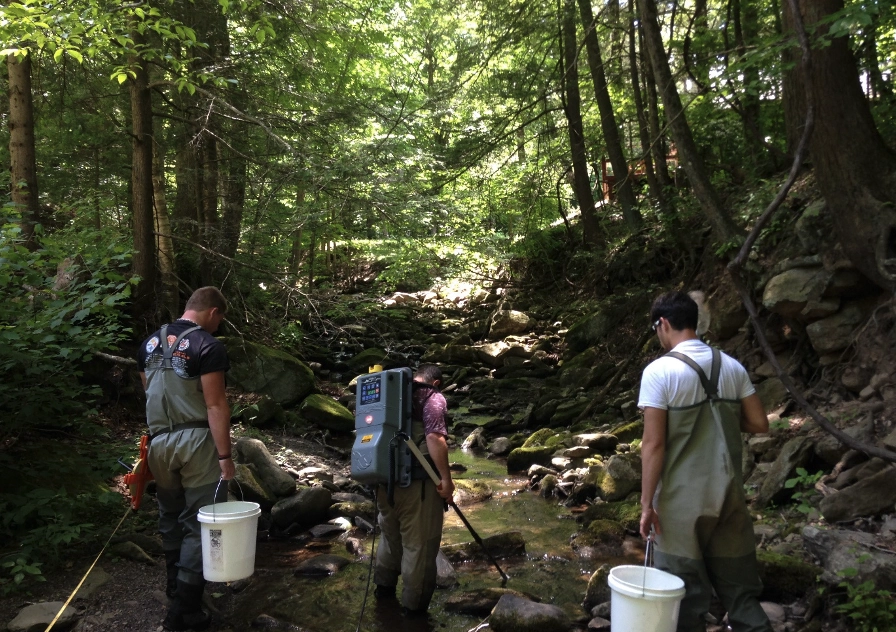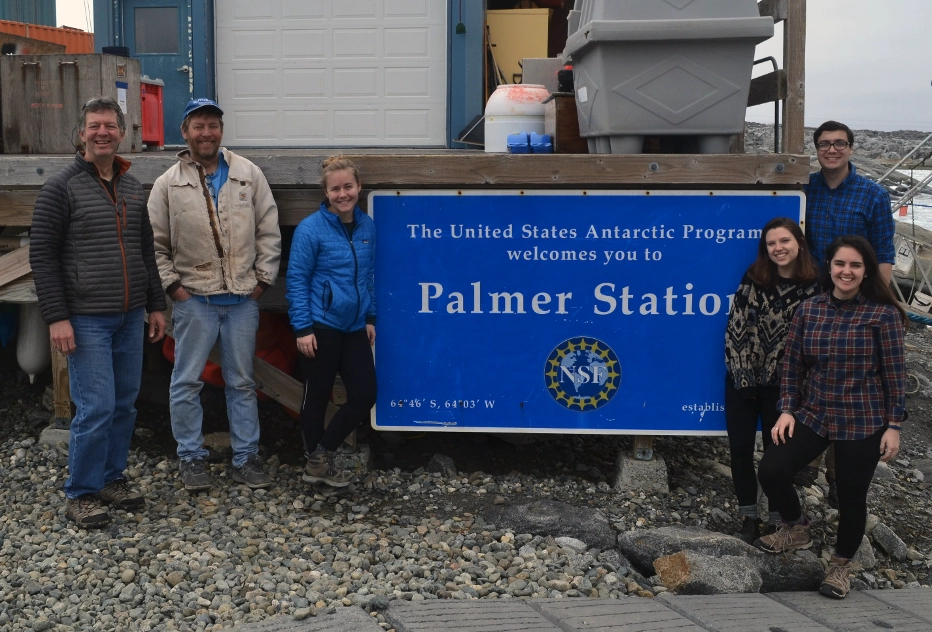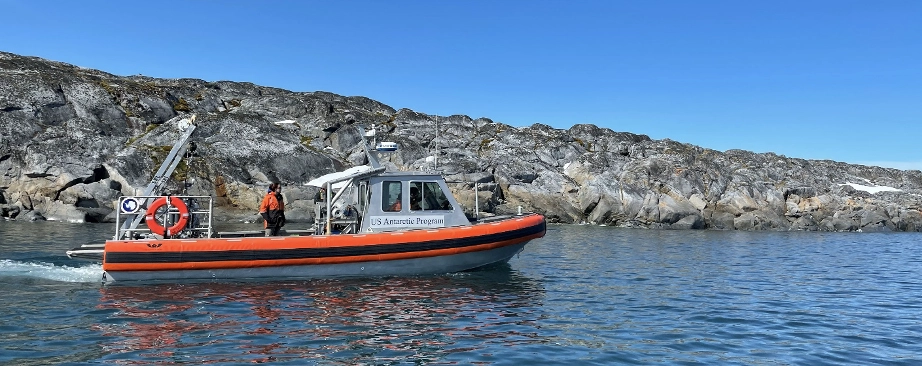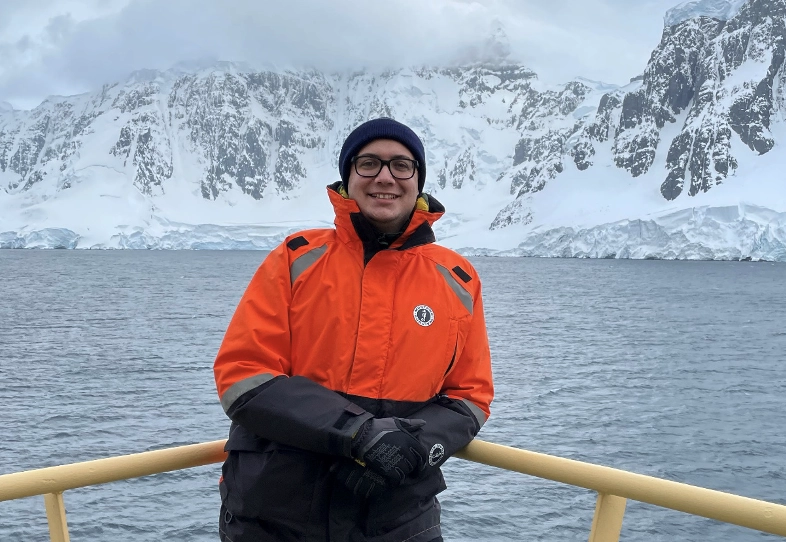As a native of Maine, I grew up exploring the evergreen forests and rocky beaches of New England in places like Acadia National Park. It was the numerous tidepools and hidden seaweed habitats of Maine’s frigid coastline that first peaked my interest in ecology and the ocean. Searching these habitats for the creatures and plants hidden in the water and watching how they interacted was my first exploration into ecology, and led me down the path to oceanography and my PhD.
After high school, I attended Susquehanna University in central Pennsylvania, where I earned my B.S. in Ecology. While at Susquehanna, I joined the University’s Freshwater Research Initiative helping with field and lab work to study the ecology and restoration effort of freshwater streams, including conducting surveys of previously un-assessed streams for the presence of brook trout so they could be classified under state protection.

While in undergrad, I started an internship at the Skidaway Institute of Oceanography as my first introduction to oceanography. For several summers I helped study phytoplankton ecology in estuaries under Dr. Elizabeth Harvey, and built my knowledge on the ocean, phytoplankton, and the techniques and instruments used to study them. Through those internships I had my first research cruise and attended my first oceanographic conference, and solidified my interest in a pursing a PhD.

I joined Rutgers and the Department of Marine and Coastal Sciences at the end of 2019, drawn in by the wide breadth of research in the department and the study of Southern Ocean phytoplankton ecology by Dr. Oscar Schofield (my advisor) and the Palmer Antarctic LTER. I set out at Rutgers to improve our understanding of how phytoplankton in the Southern Ocean interact with, and are impacted by, a rapidly warming ocean under the effects of climate change.

Of the many factors we can study that are impacted by climate change, I was drawn to light. Like all plants, phytoplankton need light to survive. In the ocean, getting enough light can be hard when phytoplankton are constantly being mixed around in the water to deeper depths where little light can reach. Through evolution, phytoplankton are well-adapted to these kinds of constantly changing light environments, and the system is fairly well-balanced. However, climate changes threatens this balance as warming, increased wind, and melting impacts the ocean light environment. My thesis seeks to understand how these changes impact the big trends in growth and composition of phytoplankton communities, and how the internal, biological capabilities of the phytoplankton to handle different light environments fuels these large-scale responses.

In my time at Rutgers I have now spent a total of over 8 months in the field in Antarctica, collecting observations and running experiments to understand the role that light plays in Southern Ocean phytoplankton ecology. I have enjoyed every minute of it, and I hope to make a career studying the Southern Ocean. There is so much we still don’t understand about the waters around Antarctica, but we know that it is not only incredibly important to climate on a global scale, but is actively changing at rates beyond expectation. The more we can understand about the Southern Ocean and its ecosystems, the more certain we can be about the changes that will come for future generations.


